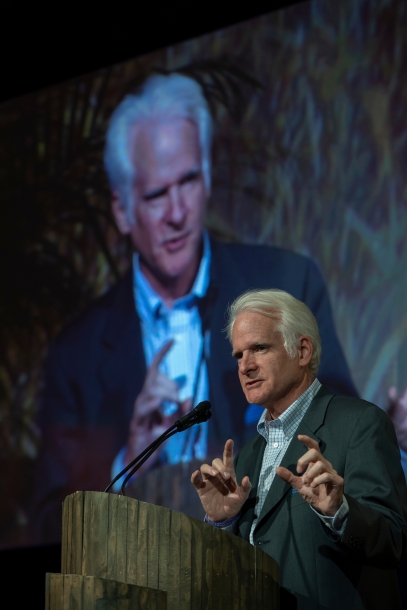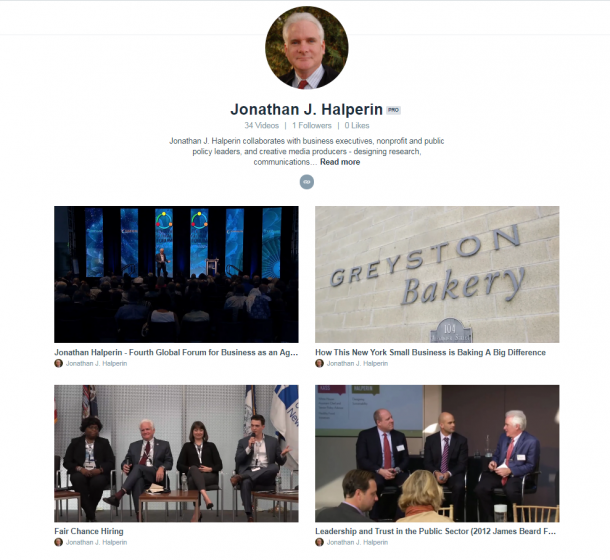You are here
Seeds of Change
A sense of change is in the air – and not just the crispness of the Fall air in the bucolic hills of Vermont, where I presented at the Dana Meadows Sustainability Institute. But also in New York City, where the urban vista of Central Park and Columbus Circle spread out below us during James Beard Foundation Conference taking place in the LEED-certified, Gold, Hearst Tower. (For more on the conference, including video of my presentations, see my previous dispatch: How Money and Media Influence the Way America Eats.)
I have a sense that brewing beneath the headlines, but gaining momentum steadily are the seeds of major change. From Wall Street to Main Street, from agriculture to energy, it seems very likely that five years hence we will look back at this period and see it as one of major transition.
In the short-term, ice melt around the North Pole may create some major mid-term opportunities for Exxon/Mobil and its partners in Vladimir Putin’s crime-riddled Russia. And some restaurants may continue, as Frank Bruni put it heatedly in the October 17 New York Times, a trend that is less about food and more “a florid demonstration of just how much culinary vanity we’ve encouraged and pretension we’ve unleashed.”
But while wind energy and organic agriculture firms today contribute very small percentages to their respective industries, they are the disruptive players – the newcomers who threaten to upend the business model and to drive change beyond what market share alone might predict. One fascinating player in this transitional moment is what many may remember--mistakenly--as a tired magazine from the doctor’s office; today Good Housekeeping is anything but that. A co-sponsor of the James Beard Foundation conference “How Money and Media Influence the Way America Eats,” Good Housekeeping prints 25,000,000 copies monthly and is read by one out of five women in America. One out of four mothers in America read it.
At the other end of the spectrum from this powerhouse, mass circulation Hearst magazine, the Dana Meadows Sustainability Institute fellows this year were 15 fascinating women from the United States, Pakistan, Germany, Indonesia, and South Africa. And all driving change in myriad ways: social, personal, cultural and political. For a third perspective, have a look too at the ‘heroes’ from HRH The Prince of Wales’ movie and initiative, Harmony. Also mostly women as agents of change. Are woman perhaps the vanguard of a new age where the intergenerational equity promise at the core of sustainability begins to take root? More on this soon.
- jonathan.halperin's blog
- Log in or register to post comments

